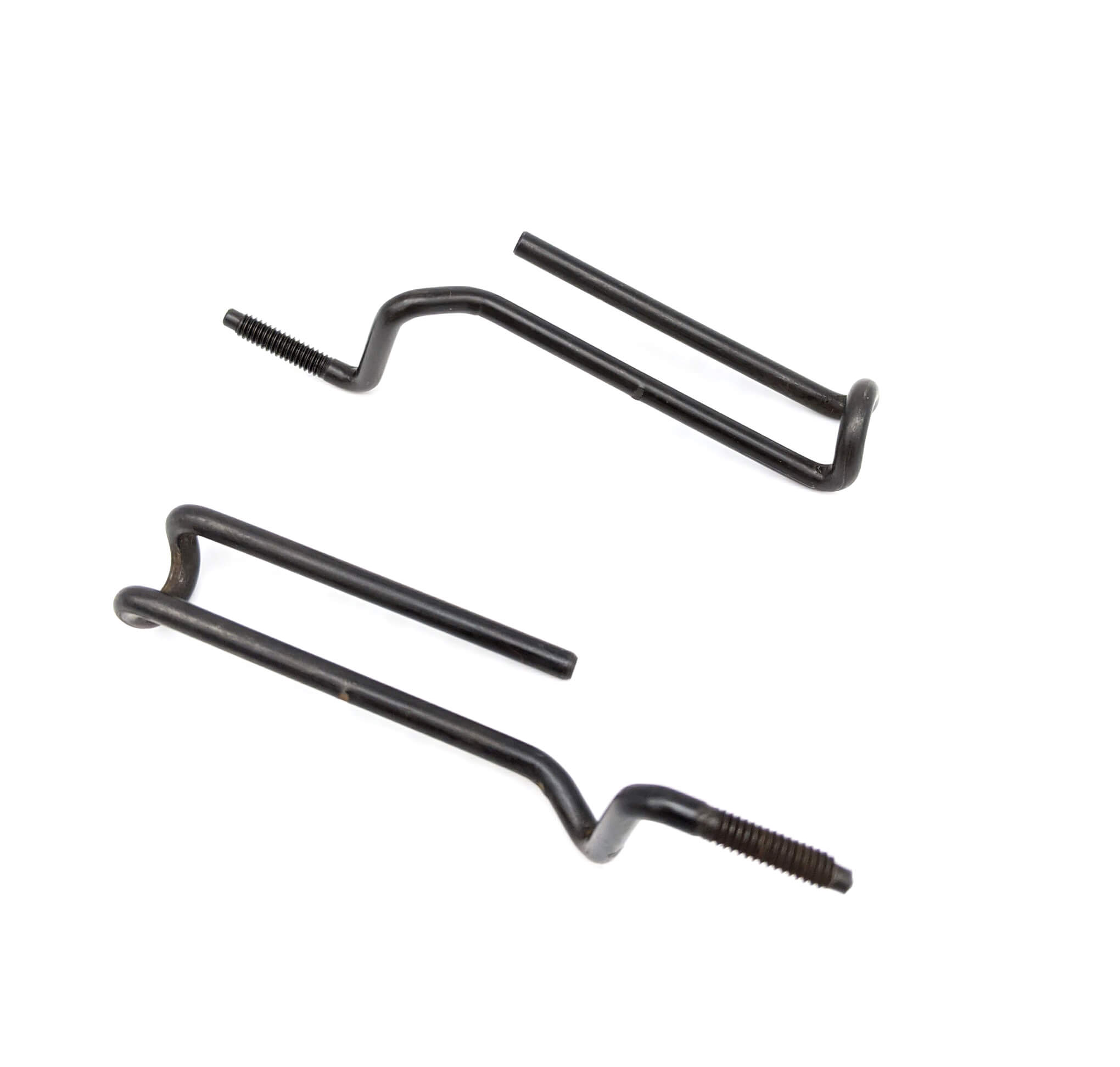Get unique, complex parts easily. No matter your requirements, Chaoyi Spring creates hard-to-produce coil springs and wire forms.
Let us help you create the custom wire form you need, from S-hooks and J-hooks to utility hooks and more.
We work closely with customers across a wide range of industries, helping them design and manufacture made-to-order parts.
Why choose Chaoyi Spring? We prioritize customer-focused collaboration, modern equipment and the latest technology to make your parts per print.
Find the information and guidance you need, from measuring a spring to learning about materials, placing an order and much more.
When it comes to suspension systems in vehicles, torsion bars and coil springs are two prominent players. Both systems serve the same purpose: to absorb bumps and maintain stability. However,


When it comes to suspension systems in vehicles, torsion bars and coil springs are two prominent players. Both systems serve the same purpose: to absorb bumps and maintain stability. However, their design, operation, and applications differ significantly. In this article, we'll delve into the world of torsion bars and coil springs, exploring their unique characteristics, advantages, and disadvantages, and ultimately determining which system is best suited for different types of vehicles.

Imagine a long, sturdy rod that's fixed at one end and twisted at the other. That's essentially what a torsion bar is. It's a solid, cylindrical steel bar that acts as a spring. When a bump or uneven road surface is encountered, the bar twists, storing energy and providing suspension.
Torsion bars are typically found in the front suspension of vehicles, although they can also be used in the rear. A control arm is connected to the bar, and as the wheel moves up and down, the control arm rotates, twisting the bar. The bar's resistance to twisting creates the spring force that absorbs the impact.
Torsion bars offer a number of advantages, which have made them popular in various vehicles, especially trucks and SUVs. Here are some key benefits:
While torsion bars have their strengths, they also have some drawbacks. Some downsides include:
Coil springs are the most common type of suspension spring in vehicles. They consist of a helical coil of spring steel that compresses and expands to absorb bumps and dips. You'll likely find coil springs in the suspension of most cars, sedans, and even some light trucks.
A coil spring is connected to the vehicle's chassis and suspension components through a series of control arms, struts, or shock absorbers. When a bump is hit, the spring compresses, absorbing the impact. When the wheel returns to its original position, the spring expands, providing a smooth ride.
Coil springs are renowned for their versatility, comfort, and ease of maintenance. Here are some of their key advantages:
Despite their widespread use, coil springs also have some disadvantages:
So, which system is better: torsion bars or coil springs? The answer depends on the specific needs of the vehicle and its intended use.
Torsion bars are well-suited for:
Coil springs are generally preferred for:
Ultimately, the choice between torsion bars and coil springs boils down to the intended purpose, driving environment, and personal preferences. Both systems have their strengths and weaknesses, and the best choice for you will depend on your specific needs. If you're looking for a durable, compact, and precise suspension system, torsion bars might be the way to go. If a comfortable ride, ease of maintenance, and greater adjustability are your priorities, coil springs are likely the better option.
As you continue to explore the world of automotive suspension, understanding the differences between torsion bars and coil springs will help you make informed decisions. Whether you're a car enthusiast, a mechanic, or simply a curious driver, this knowledge will enhance your understanding of how vehicles navigate the roads, ensuring a smooth and enjoyable driving experience.
Browse some of the custom wire forms and springs that we manufacture. Don’t see what you need? We specialize in made-to-order products that meet your application requirements.
Visit Our GalleryNeed a custom wire form or coil spring? We make it work. Fill out the contact form and a representative will respond within 1 business day. If you have a PDF or CAD file, you can submit to request a quote.